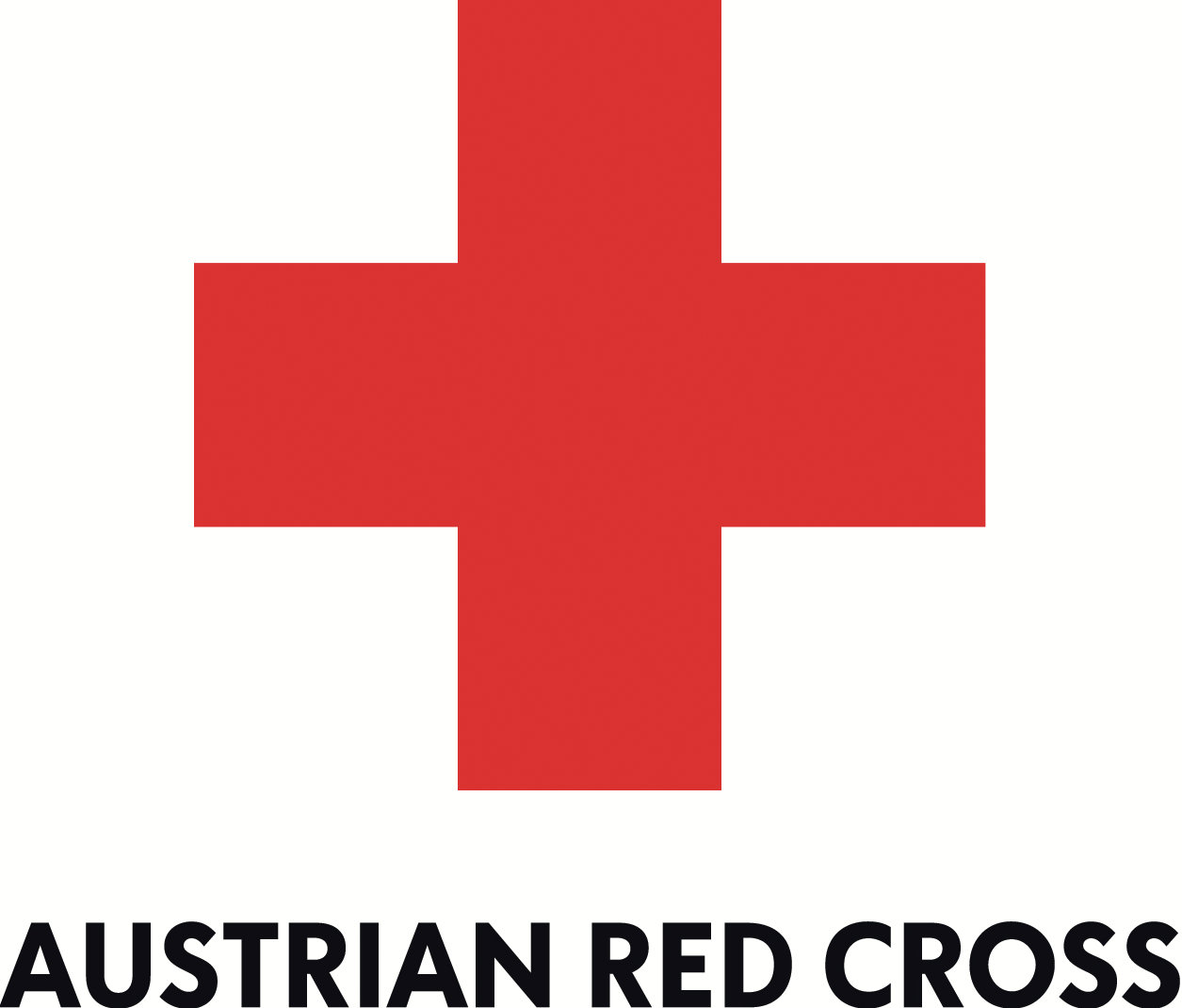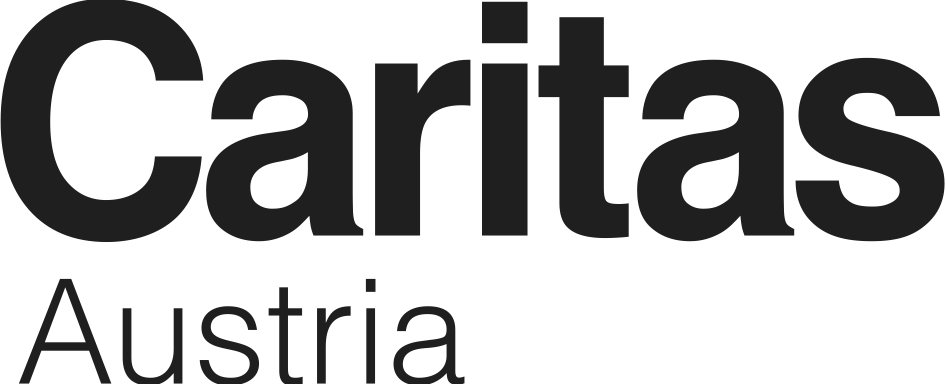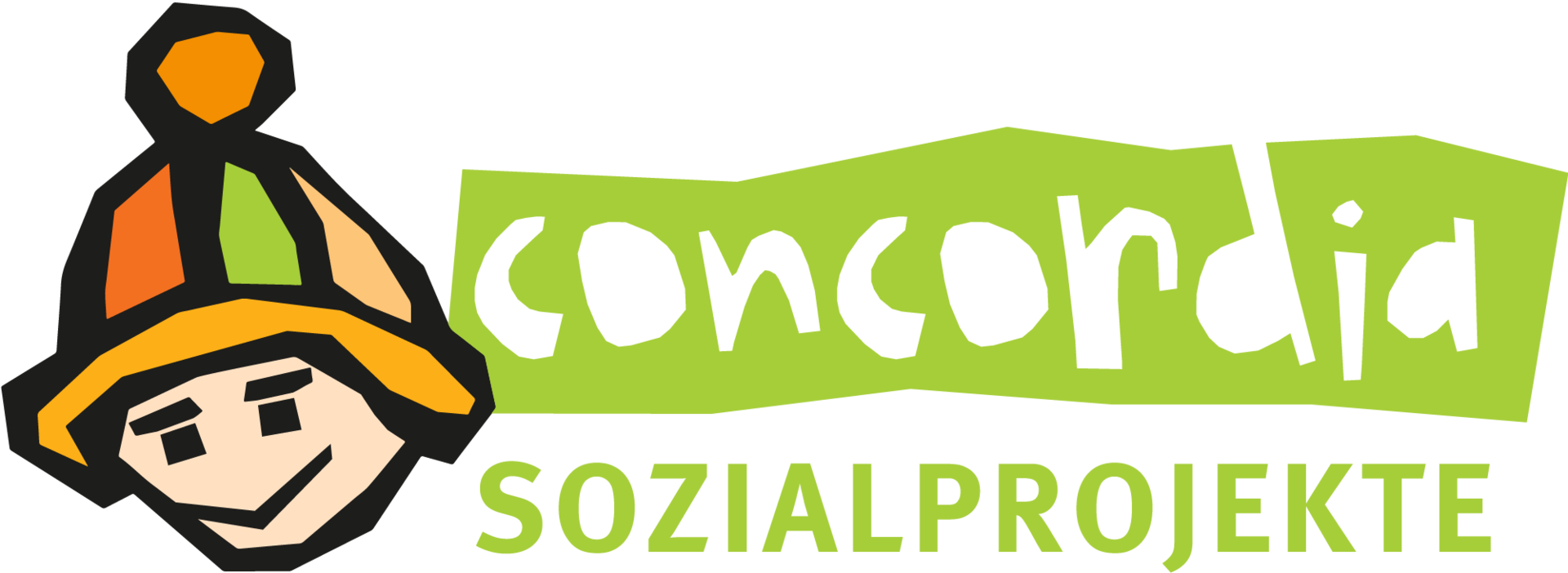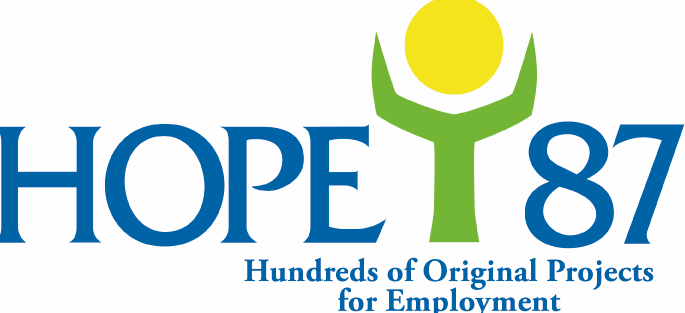Keynote Speech on Refugee Health in Vienna Humanitarian Congress
3 March 2017
Tammam Aloudat – MSF Switzerland
Ladies and Gentlemen,
Thank you for giving me the opportunity to speak to you on behalf of MSF.
If I remember it right, in one of his stories, Gabriel Garcia Marquez describes a character, a Spanish professor exiled to Latin America in the time of Franco who was an regular guy, normal in every sense except that he vowed to never wear socks until Franco is dead. The professor, educated and well off, lived his days as one does walking around on his calloused feet waiting for the dictator to die to be able to go home.
That was the quintessential image of forced displacement in my mind for a long time.
That was the case until I worked in a refugee clinic and in a refugee camp.
As a physician in a UNHCR/Red Cross refugee clinic in Damascus 17 years ago, the romantic image of the sock-less professor gave its place to many Somali, Yemeni, and Afghan refugees who came to me to treat diseases that interrupted their unending wait for things to get better and for them to go back home. The UNHCR vouchers and the liveliness of Damascus, still untouched by war then, were not enough consolation.
—
At the same time, I read the MFS book on Refugee Health, written a few years earlier that told of the top ten priorities for refugee camps. The book tells of the need to provide things like initial assessment, measles immunisation, water and sanitation, food and nutrition, shelter, health care, to control communicable diseases and epidemics, and to provide health surveillance.
It seemed reasonably easy to provide good health care for refugees in a camp I thought, and then spent the next ten years realising how mistaken I was.
Providing appropriate medical and public health care for refugees is rarely straight forward and almost never easy.
1
And it has become more difficult in the past two decades for many changes have affected the context… and we have yet to come up with solutions and priorities that address the new difficulties.
—
The first of those changes that affect refugees and our ability to provide effective medicine to them is one that relates to conflicts that displace them. War today is different in many ways and that is affecting both sources and patterns of displacement.
I recently asked veterans of MSF where they started their humanitarian careers. The answers ranged from the Great Lakes, South Sudan, and Somalia to Chechnya, Afghanistan, and the Bosnia. Those are examples of old wars that were waged between regular armies and often ended in secession of hostilities and eventually in peace. They were limited in time and geography and they were fought by armies or reasonably defined rebel groups. This isn’t the case anymore.
Today’s wars, from the so-called war on terror to the conflicts in Syria and Yemen are different. The moral distinction of what war is and how it is ought to be fought is different. No more do we have armies and battles with mutual losses, an attempt on zero casualty war by great powers is so pervasive today using drones and remote warfare that the Obama administration, according to the Guardian, dropped more than 26 thousand bombs in 2016 without fighting a battle and in the process killing, maiming, and displacing thousands that we know of from Iraq to Afghanistan to Yemen.
—
The second of the changes is in actors, and to mention but one example, I can talk of Daesh (or ISIS) that dominates the news today. While occupying vast lands in Syria and Iraq and waging traditional kinetic warfare on the ground, Daesh has managed to recruit online, strike terror attacks in the West, and change the policy and practice of great powers. They might be the ultimate manifestation of hybrid warfare.
—
The final change I will talk of today is one in the people we serve, many have different social and economic background, different life expectancies, and different epidemiological profiles.
In addition to the many still displaced in “classic” humanitarian settings such as in the new
Burundian refugee camps in Tanzania or the old Somali refugee camps in Kenya; new waves of
displacement affect refugees from middle-income countries, some of which have found their way through an unimaginably difficult journey to Europe.
—
2
This is certainly not news to this audience, but the European refugee crisis, with all the media attention and the heated emotions around it is not the only or the larger one of the population movements we are seeing.
The number of refugees have increased in the past years. And more importantly, we realise now that the other groups of displaced persons are more numerous and worse of in many cases than refugees.
Of the 65 million forcibly displaced people in the world in 2015 according to UNHCR, less than a third is refugees and the great majority are displaced in their own countries. This image becomes more difficult to handle when we know that IDPs are harder to reach and, according to a study by the Centre for Research on Epidemiology of Disasters in Belgium, have nearly twice the mortality rate and half the access to health services.
The first step in providing health care to forcibly displaced persons is to get out of the worn out terminology and recognise them. IDPs, un-registered refugees, environmental refugees, and those fleeing other factors suffer the same, if not more, as officially recognised refugees
If anything, they are harder to reach and harder to protect. Nearly two years ago, I stood in a school yard in Ibb in Yemen and talked to a father of a large family who fled Saada in the north. He told me how his children go to bed hungry every night and how, in a country that is not receiving even remotely enough humanitarian aid, those IDPs are receiving even less food, medical care, and recognition of their suffering.
—
The second step would be recognising that when forced displacement takes people across multiple borders and sometimes across continents, simple “priorities” are not enough. My colleagues in MSF spoke out about detention centres in Lybia, camps in Tanzania, dangerous migration routes across the Sahara. MSF ships picks people from sinking rubber boats in the Mediterranean and MSF people provide medicine in Greece and across the European sometimes hellish migration route.
A study by MSF in the infamous Calais Jungle last year found that, on average, a refugee needed a hundred days to arrive to Calais (think of that the next time you take your intercontinental flight). It also found that more than 60{26da92e645e6b151ddb18332fddbc007aa06f7fb46f9267383910f98c1d4b90a} of the refugees interviewed were subject to or witness to one or more violent event.
—
Faced with that, it is hardly reasonable anymore to pull out our long enduring Refugee Health book in search of guidance. The simple commandments there are not enough for this time and these circumstances. Initial assessment is not enough when the situation keeps changing every
3
hour, measles immunisation alone is not enough when we have a diverse disease profile and new reasonably accessible vaccines, water and sanitation is not anymore about building latrines when we have constantly mobile populations, distributing ready to use therapeutic food is not appropriate with the diversity of populations and tastes, and dealing only with communicable diseases is surely not sufficient as we see older populations and many more people suffering from chronic non-communicable diseases.
We are having to reinvent ourselves every day while keeping the knowledge we have gained. We have to retain the ability to provide health care in a refugee camp while learning to provide it on the move in places from Myanmar to Austria. We have to actively provide mental health and psychological support, we have to find ways to actively protect people who are more vulnerable, prevent abuse and neglect of women, allow dignified treatment of everyone, and enable refugees to seek health care, and through it, other opportunities. All without harming the existing health system or creating a parallel one. Not an easy task
—
A year ago, I stood with a few colleagues present here at an Austrian-Hungarian border point watching as hundreds crossed and were received in Austria on their route. Medics scrambled to provide medical care and volunteers to give food and shelter.
Until they are able to go back home or become an active and positive part of their new societies, good health care will need to both provide for their immediate needs and to be the gateway of their passage.


















